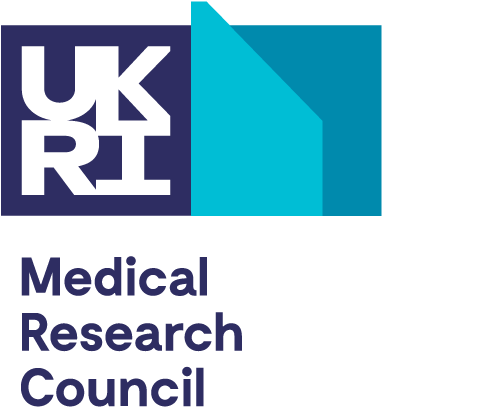Who can apply
To be eligible to apply as a new investigator you must:
- have research organisation support
- be able to show that your skills and experience match those in the ‘transition to independence’ stage of the MRC applicant skills and experience table
- use this grant to support your long-term career goals and chosen career route
- be able to demonstrate you are the sole intellectual leader of the application and the proposed work
If you meet the eligibility criteria you can also apply if you:
- are employed as a postdoctoral research assistant, although this grant cannot start until your current work finishes
- hold a lecturer appointment, a junior fellowship or another research staff position
- hold, or have held, an early career training fellowship such as an MRC skills development fellowship
- are not currently based at the eligible research organisation that has agreed to host your new investigator award
- are either a non-clinical or clinically active researcher
- have any number of years of experience
Research organisation support
Applicants do not need to have a contract of employment for the duration of the proposed project. By submitting an application the research organisation is confirming, if it is successful:
- contracts will be extended beyond the end date of the project
- all necessary support for the project and the applicants will be provided, including mentorship and career development for early career researchers
You may apply for new investigator funding at the UK organisation where you are already based, or at any eligible UK research organisation you want to move to.
Partnership between the new investigator and their host research organisation is essential. The partnership should recognise the importance of the host’s commitment to developing individuals at this early career stage.
A statement of support from a senior authority within the host organisation is required in the application, this must demonstrate their commitment and is an important part of its assessment.
Guidance for this statement can be found in the relevant funding opportunity.
Who is not eligible to apply
You are not eligible to apply if you:
- have already reached independence
- already hold or have held an award that facilitates the transition to independence
- applied for a New Investigator Grant twice before
- have an application for any UKRI fellowship currently under consideration, including a career development award, clinician scientist fellowship or future leaders fellowships
You have reached independence if you previously led a research team or been awarded a substantial grant as fellow or project lead.
A substantial grant is typically defined as for three or more years and including salary support for one or more additional team members
Project team and collaborators
It is essential that the new investigator demonstrates they are the leader of the application and the proposed work.
We support team science and multi and interdisciplinary research, which may be important to career development, so project co-leads, specialists and other team roles may be included. These should bring essential research or technical expertise or skills to the project, that the new investigator project lead cannot provide or is aiming to develop.
We encourage using the appropriate application sections for new investigators to make their leadership role clear and justify the team around them.
It is not usually appropriate for a current or recent supervisor or lab head of the new investigator to be part of the applicant team, as this may make leadership unclear. If this is essential to the proposed work it must be specifically justified.
Other collaborations may also be described in the application.
How to apply
Check which funding opportunity fits your research
Check which MRC New Investigator opportunity awards grants in your research area and its timeline. Read the guidance on the relevant funding opportunity page.
The MRC guidance for applicants will guide you through costing your application and any ethical and regulatory requirements that may apply to the research.
Reapplying or multiple applications
New investigator applicants may only submit a second new investigator application if the first is unsuccessful. If your application is unsuccessful after expert review, then you cannot re-apply for at least 12 months, unless we invite you to resubmit early.
You should complete the related applications section of the application, explaining it is a resubmission and describing how it differs from the previous application and how feedback on the previous application has been considered and acted on.
Once two new investigator applications have been submitted you cannot apply as a new investigator again.
Applicants may only have one new investigator or fellowship application under consideration by MRC at any time.
You may submit a substantially different but related grant application to another funder in parallel with a MRC new investigator application but you should take care to explain the relationship between applications, especially if they are related scientifically or through use of common or shared resources.
If you have applied for support from other sources, you should inform us in the application or during assessment and update us if you are funded, so we can confirm that you are still eligible to be considered as a new investigator. If you do secure funds elsewhere your application may be assessed as a regular application rather than as a new investigator application.


